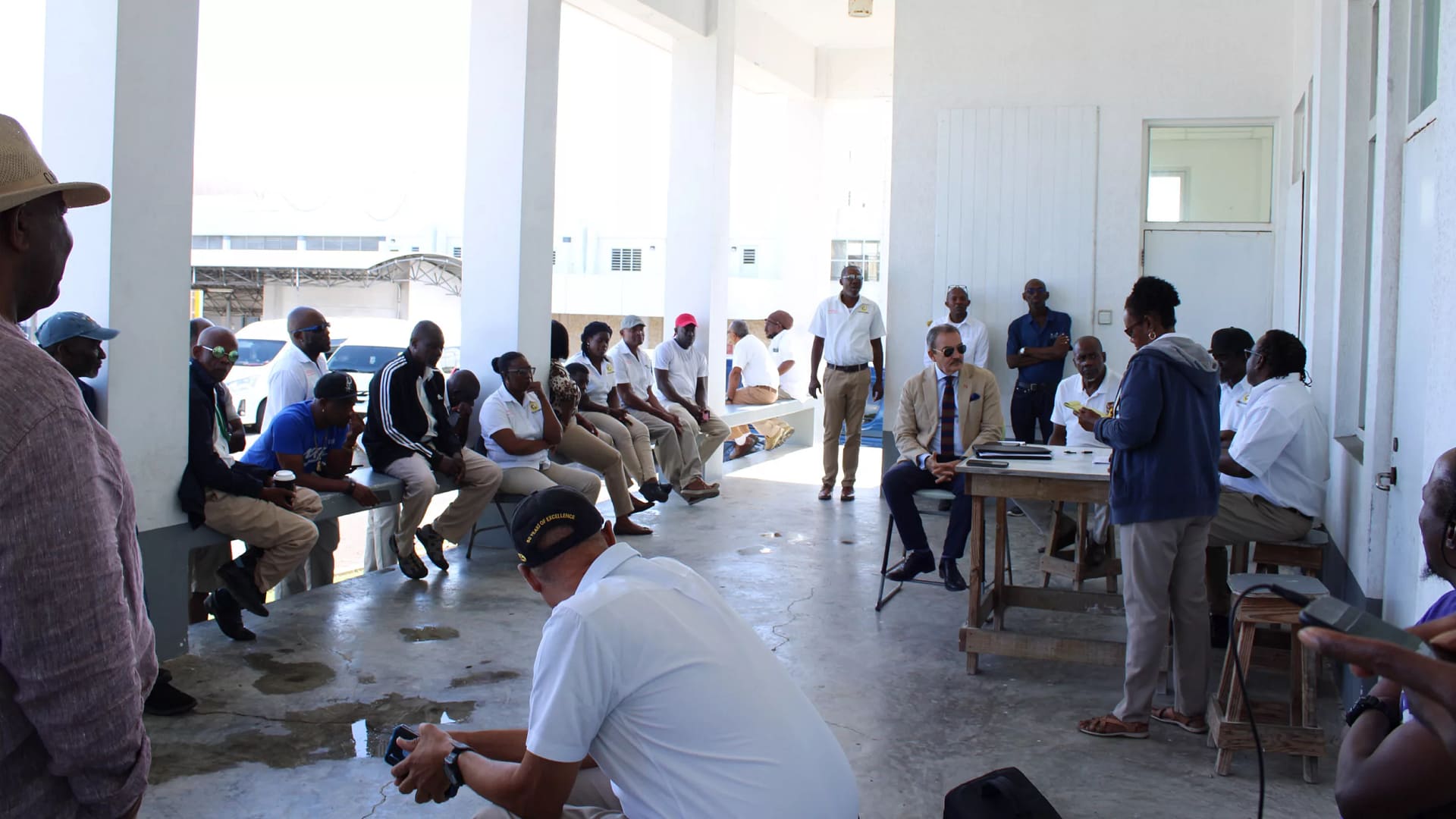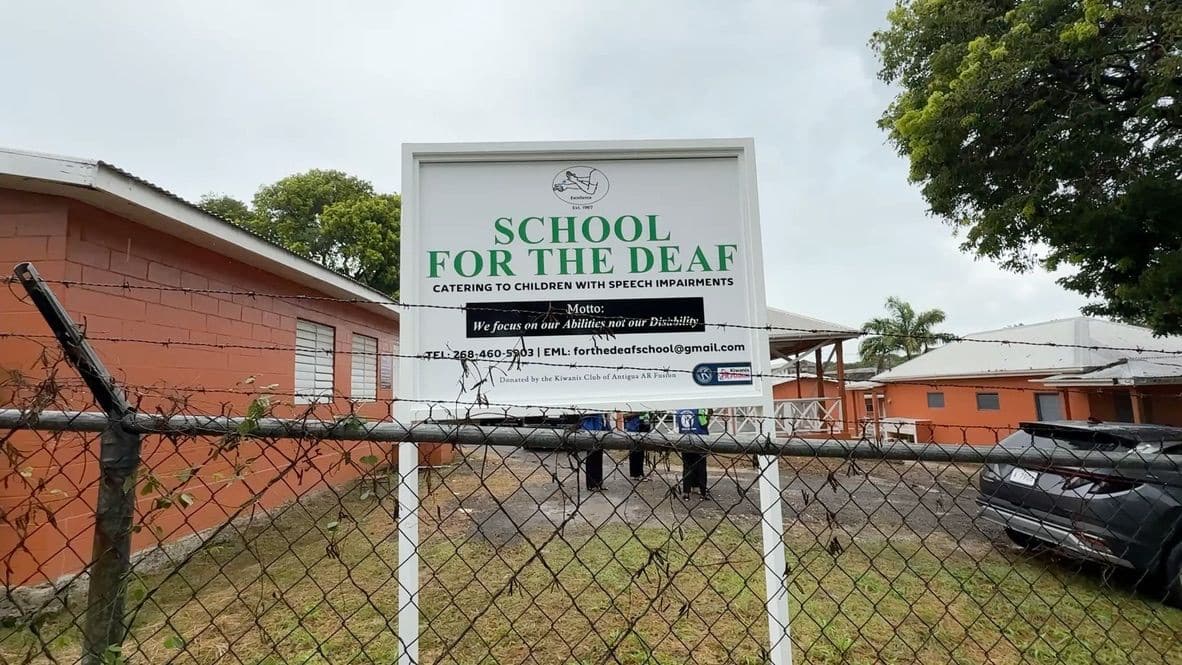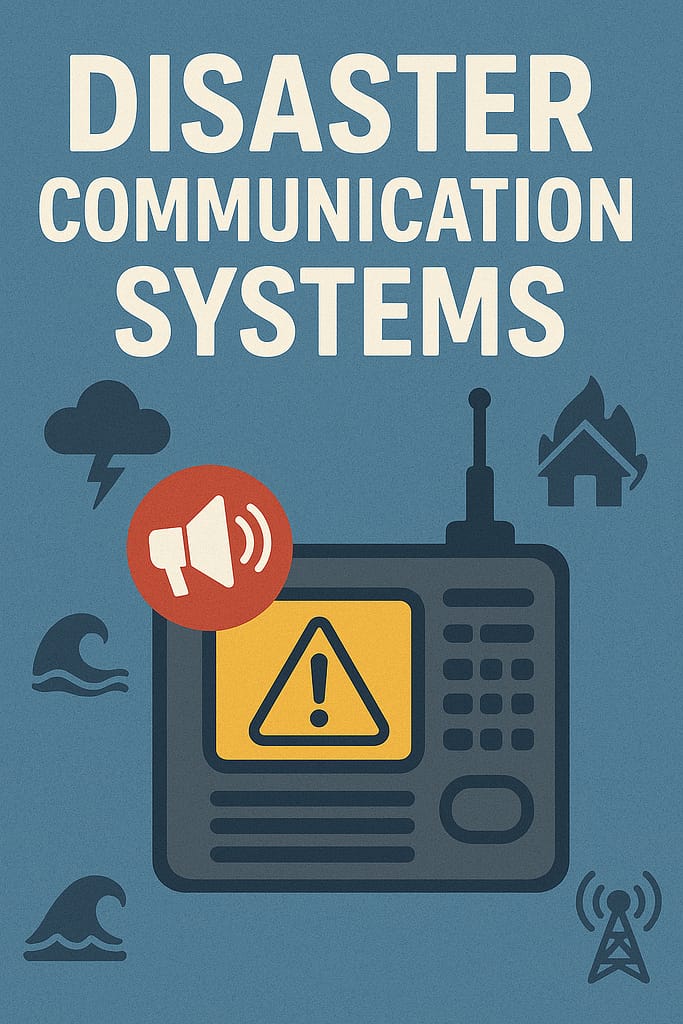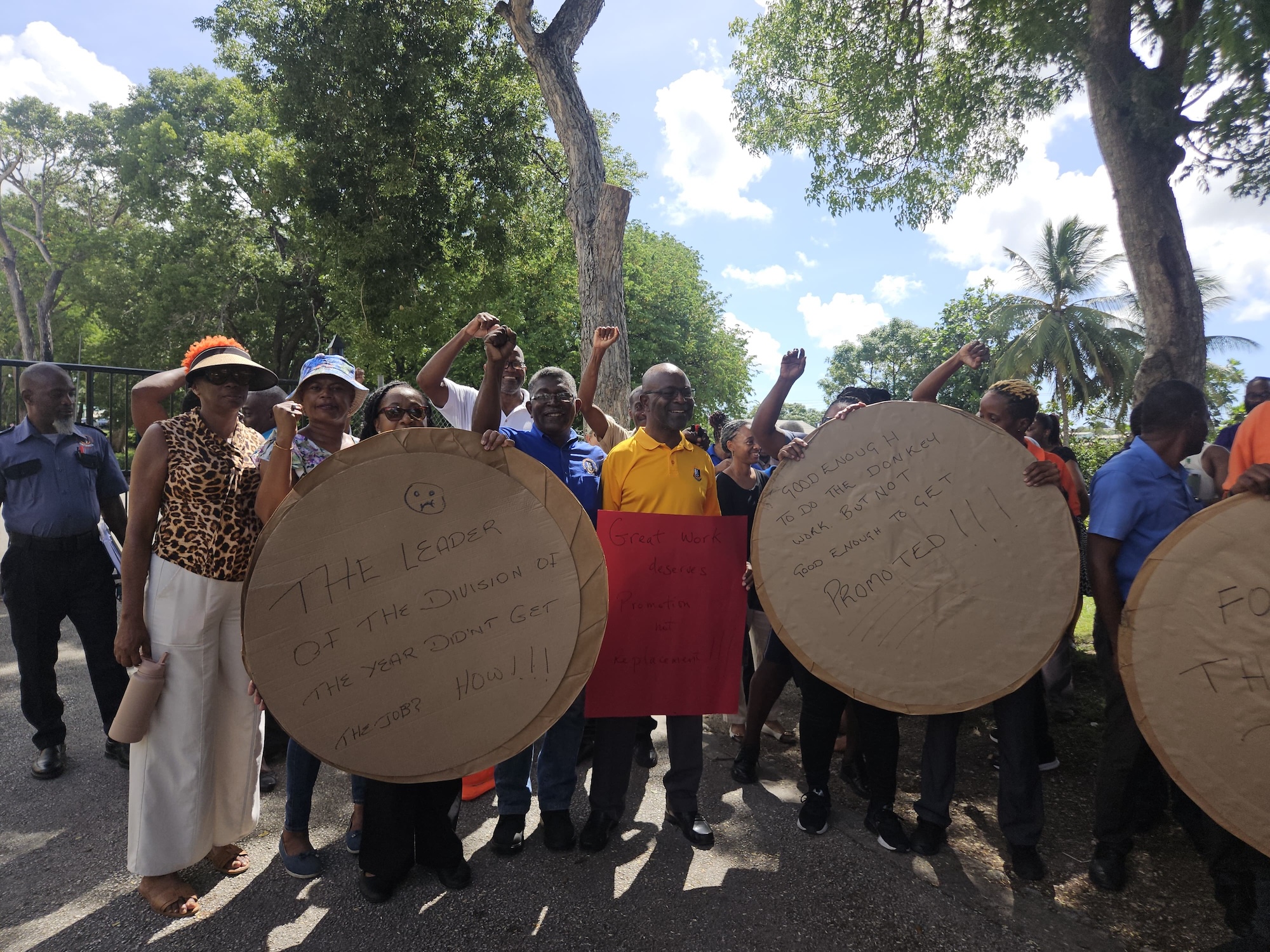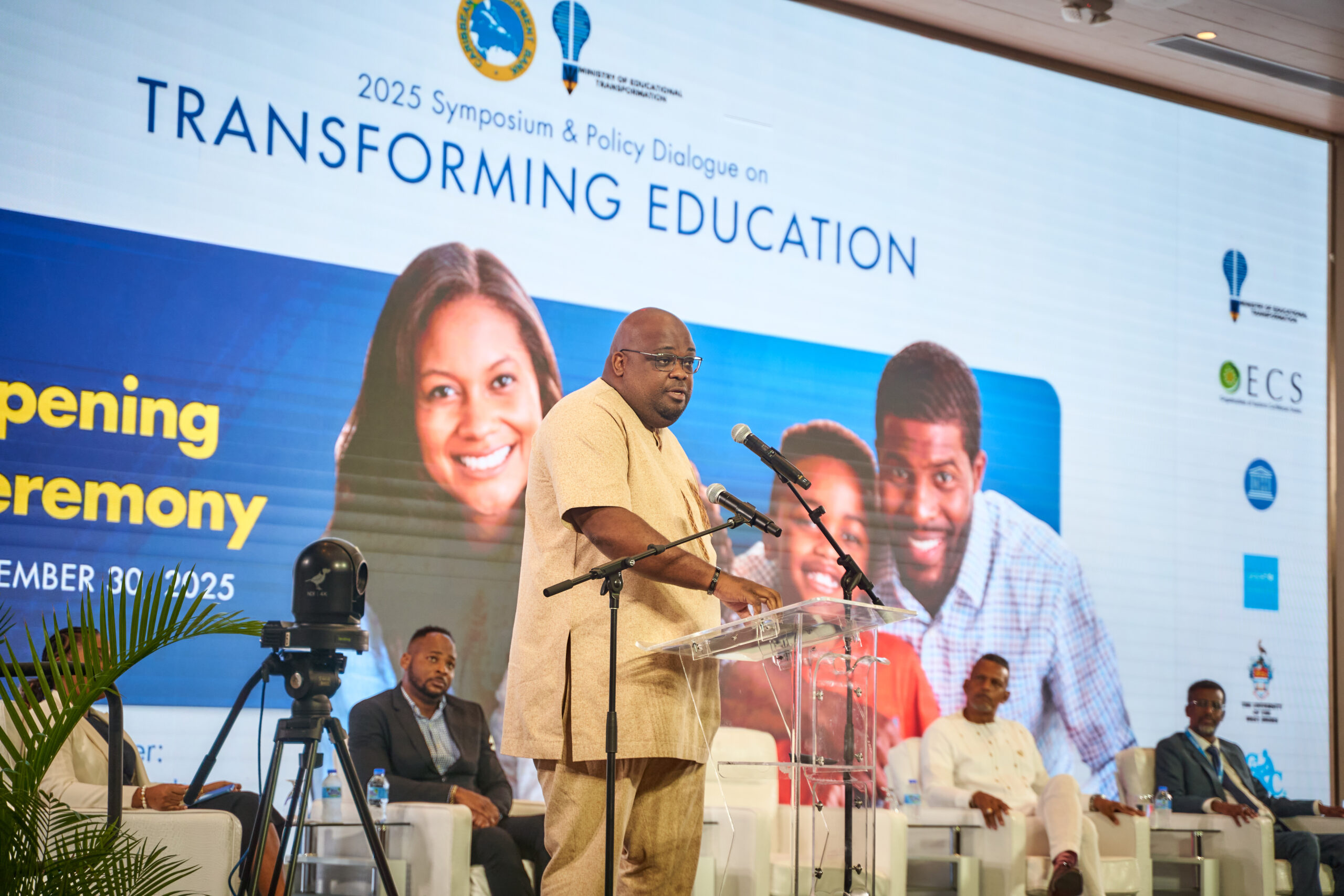In a bold statement addressing the growing misuse of imitation firearms in criminal activities, DPP Sherma Dalrymple has proposed a complete ban on the importation of toy guns. Expressing her concerns, Dalrymple emphasized the potential dangers these replicas pose when used in illegal acts. She further revealed her intention to formally submit a proposal on the matter to the Attorney General, urging stricter regulations to curb the issue. The proposal has sparked widespread debate, with a recent poll revealing that 72.95% of respondents support the ban, while 27.05% oppose it. The total of 599 votes underscores the divisive nature of the topic, as society grapples with balancing public safety and personal freedoms.
分类: society
-
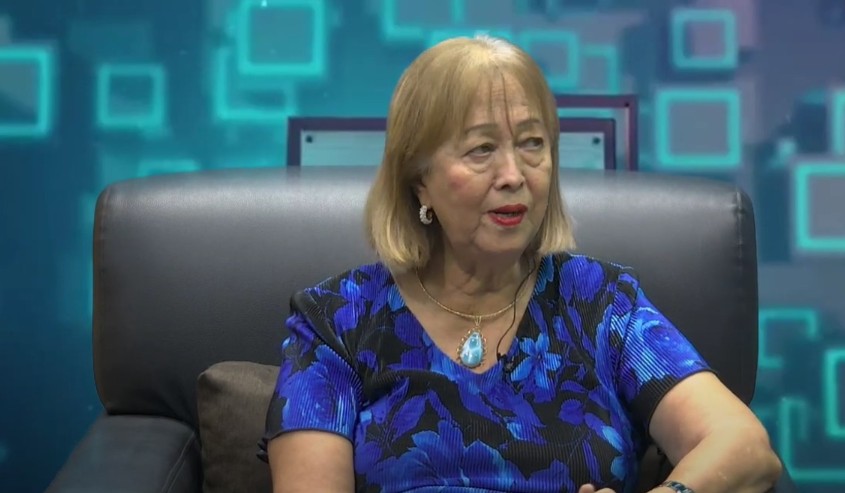
Rosa Ng denounces institutional pressure against Chinese businesses
Santo Domingo.- Rosa Ng, a prominent community leader and former Dominican trade representative in China, has raised alarm over what she describes as a pervasive climate of uncertainty and institutional harassment targeting the Chinese community in the Dominican Republic. Ng asserts that state agencies have been systematically shutting down businesses owned by Chinese citizens, fostering a hostile environment for Asian investors.
-
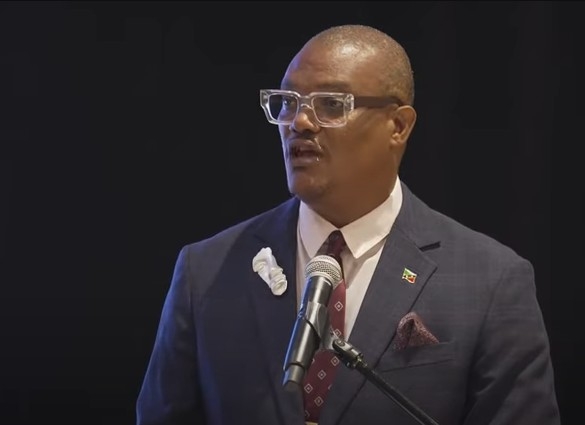
CWA pushing for modern farming at Agriculture Week
As the 19th Caribbean Week of Agriculture (CWA) unfolds in Basseterre, St. Kitts, Acting Prime Minister Geoffrey Hanley has emphasized the urgent need to transition from traditional farming practices to modern, climate-resilient methods. Addressing regional and international stakeholders, Hanley highlighted the pivotal role of technology and innovation in transforming the agricultural sector, particularly in St. Kitts and Nevis. He stressed that traditional farming alone is insufficient to meet contemporary challenges, advocating for the adoption of advanced techniques such as hydroponics, aquaponics, climate-smart farming, improved irrigation, and renewable energy to power farms. Hanley acknowledged the sector’s inherent difficulties, including hurricanes, droughts, pest outbreaks, rising costs, and market access issues, but expressed confidence in the resilience of Caribbean people. He called for strengthened regional cooperation, knowledge sharing, and a renewed commitment to making agriculture a sector of pride and prosperity. Food security and the development of the next generation of farmers remain central to the region’s agenda, with new initiatives supporting aquaculture, agri-parks, livestock production, and access to financing and training. Hanley also urged young people to view agriculture as a viable and innovative career path, dispelling outdated perceptions of the sector. Agriculture Minister Samal Duggins echoed these sentiments, describing agriculture as the lifeblood of the Caribbean people and a critical component of the region’s future.


